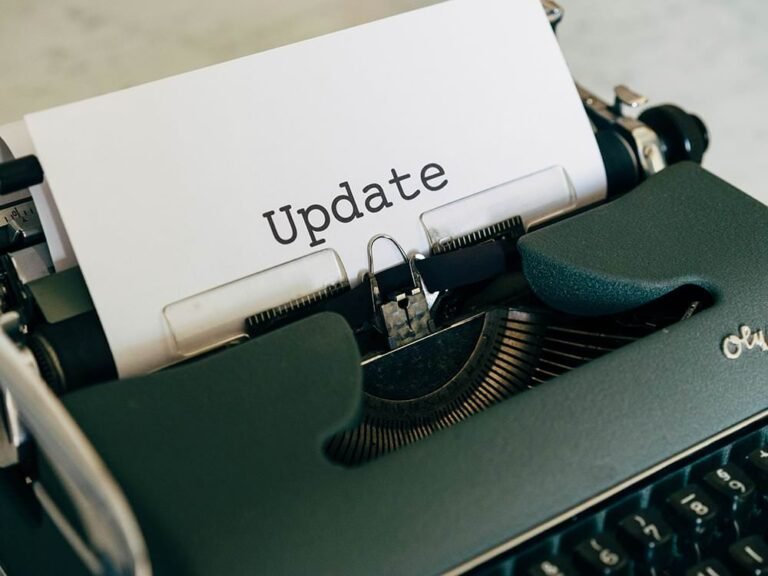Devant
The French word “devant” can be used as a preposition, as an adverb, or as a noun.
Preposition
As a preposition, “devant” means “in front of,” “ahead of” or “before.”
- Vous vous êtes classés devant eux (You have ranked ahead of them)
- Il y a un gros arbre devant la maison (There is a big tree in front of the house)
- Le contrat a été signé devant témoins (The contract was signed before witnesses)
Adverb
As an adverb, “devant” means “in front,” “at the front,” or “ahead.”
- Ils sont assis devant (They are sitting in front)
- Il y avait une jolie maison, et devant, un grand jardin (There was a pretty house and, at the front, a large garden)
- Mon grand frère marchait devant (My big brother was walking ahead)
Noun
As a masculine noun, “le devant” means “the front.”
- Le devant de la voiture est endommagé (The front of the car is damaged)
- Le devant de l’immeuble (The front of the building)







One Comment
Comments are closed.